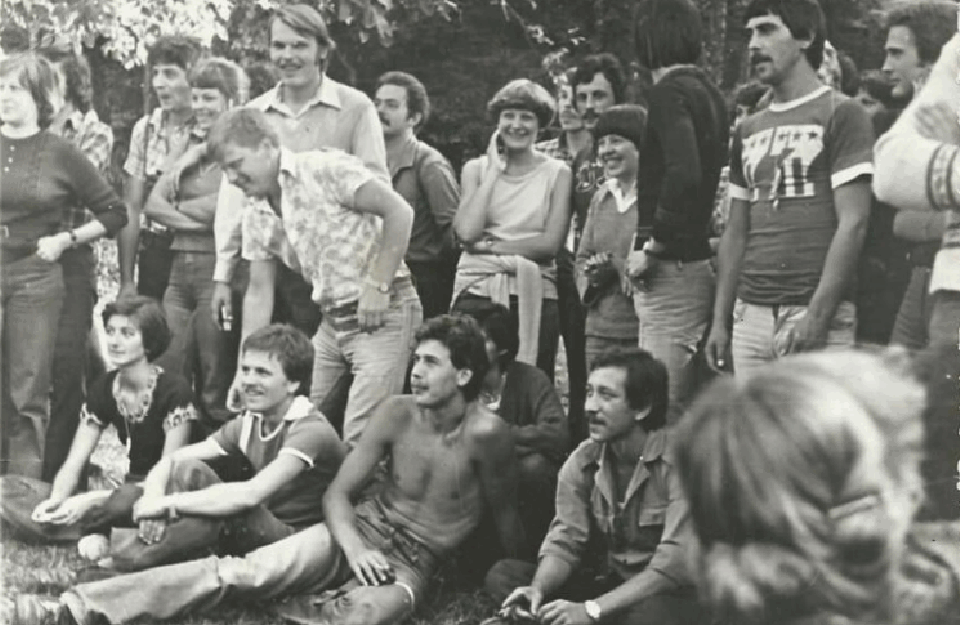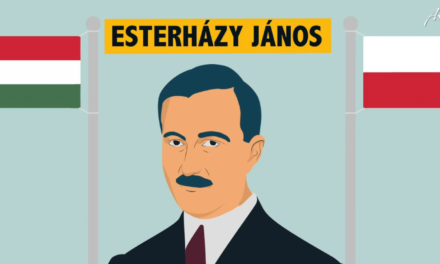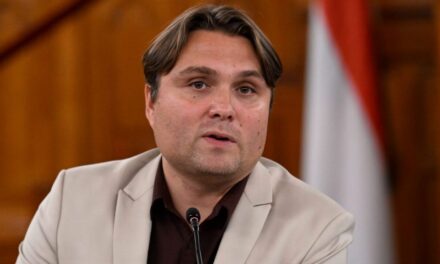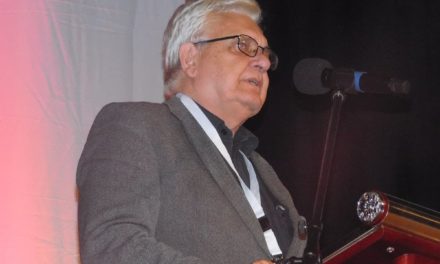The Jászs who founded the city a thousand years ago moved to the territory of the Kingdom of Hungary a long time ago. Before the Second World War, the Antonescu regime ensured the disappearance of Jews, who made up half of the population. The army of several thousand Hungarian university students studying here during the socialist era, on the other hand, liquidated itself after 1990.
While I clumsily make my way from Copou hill towards the center, inhaling the scent of lime trees at the end of May in successive parks and admiring the magnificent university buildings, my father's words from thirty-five years ago ring in my ears. "If you want real Hungarian student years, choose Jászvásár!" - he said as someone who, many, many years before, experienced what the former capital of Moldavia means to young Hungarians coming from the inner ring of the Carpathians. Then, before I could taste the promised sweet life, fate took me in a different direction.
For others, Jászvár became their temporary home for a few years. Or even the final one. One thing is certain: in the second half of the last century, a Hungarian colony of several thousand was formed in a huge university center located at least two hundred kilometers from the eastern edge of Transylvania. Then, just as the Hungarian "colony" was born in the 1950s, then gradually swelled up, slowed down after 1989, and then fell apart. Today, only a mass of messengers scattered to the four corners of the world remain.
The lonely consul When the current honorary consul of Hungary, Adrian Christescu, originally from Marosvásárhely, moved to the settlement founded by the Jászs in 1988, about two thousand Hungarian students were studying at the city's various universities. There were about fifty girls in textile engineering alone - per year. In addition to the university students, another two thousand Hungarians placed there were registered. Of the four thousand Hungarians before the regime change, a little more than a hundred people may have remained today. Rather, those who no longer saw the point of returning to Transylvania, or simply had nowhere else to go. "The exodus began in 1990: those who could returned to Transylvania or settled abroad. The attractiveness of the city and its higher education institutions gradually began to decline.
The last mass was organized at the university in 2005, and the last Hungarian freshman ball a year later. Today, there is no Hungarian in the city with whom I could make friends or at least talk," complains the man in his fifties, who is stuck here. Although he is one of the types of people known by "half the town", Adrian can at most exchange a few words in his mother tongue with his son Dávid from Bukovina. But at some point, wherever he turned, he stumbled upon a Hungarian person. Mainly at the university, in the dormitories, on the banks of the Ciric, at parties. It's been more than three decades... But let's turn back the clock!
Although in the previous regime, before 1989, many Transylvanian Hungarian high school students enrolled in Jaszvásár, there are those who ended up in the largest city of Moldavia by chance. Or, if you like, thanks to their luck. Adrian Christescu originally tried to study in Timișoara in 1986, but, as he tells it, he was one of the rare papians from Vásárhely who did not get into the university. He failed on his second attempt in Bucharest, then as a cadet at the University of Cluj. His persistence and luck finally brought the long-awaited result. True, his next stop was decided by fate. "We put the notes in a soft-serve cap, the only thing missing was Petrozsény and the mining university there, because I didn't want to hear about it. My mother chose Jászvásár, so I went there.
Thirteen young people got on the train from Vásárhely, twelve of them got off in Cluj, I traveled on. When I arrived in Jászvásár, I still didn't know which faculty to apply to. I went to Copoura and from there I took the possible versions one by one. With my dossier, I joined the line in front of textile engineering first, but when I saw that there were almost only girls there, the thought flashed into my head: oh my god, who am I going to play soccer with? Have a beer? I quickly moved away and, going down the hill, I took the other universities one by one. The last one was soil improvement. I almost didn't know if they were eating or drinking, but I tried. And it worked!” - the person who is now the honorary consul of Hungary in Iaşi vásár tells about the unusual beginnings. As he says, the young Hungarians from Transylvania who chose the former capital of Moldavia instead of Cluj-Napoca, Timisoara, Marosvásárhely or Brasov were enriched with many beautiful experiences.
The full story can be read here in the Transylvanian Diary.
Author: Ervin Szucher
Image: Facebook













